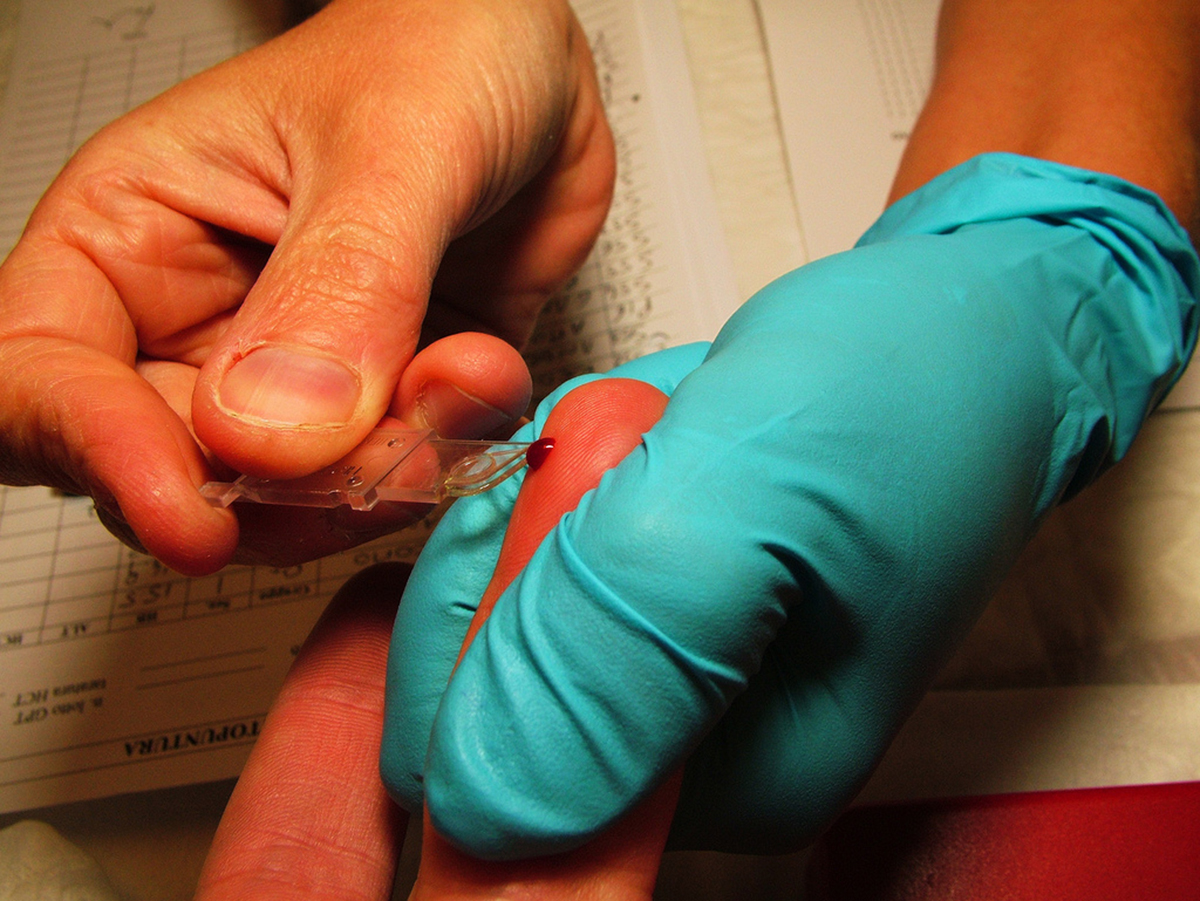Table of Contents
Blood will tell...
Sometimes, even during routine check ups, your physician may ask you for a blood sample. When you listen to this, you might experience a bit of fear. But I assure you there is nothing to worry about. Blood tests are one of the most simple, yet informative clinical tests that physicians rely on to evaluate your health state and detect any important changes that may make you sick.

If you're afraid of needles but need to do a blood test, start by openly discussing your fear with the physician or nurse; they're trained to assist and can provide extra care. Distraction is a useful technique; consider listening to music, focusing on an object, or engaging in conversation during the test. You can also practice relaxation methods, like deep breathing or visualization, to ease anxiety.
If the sight of needles or blood triggers your fear, make sure to look away. In some cases, using a topical numbing cream or spray can lessen the sensation of the needle. For those with severe anxiety, it might be beneficial to seek professional help or consider short-term anti-anxiety medication prescribed by a doctor.
Bringing along a trusted friend or family member for support can also make the experience more manageable. Remember, it's a common fear, and healthcare professionals are there to support you through the process.
What you should know before your blood sample is taken
A blood sample is small volume of vein blood that is taken from you by using a needle and a syringe to extract it. Normally, blood is taken from the vein, but for certain tests, arterial blood is required, in which case the procedure is a bit more complicated than the one used to extract a regular blood sample.
Normally, blood samples are taken at the hospital. When you are required to get a blood test, your physician or nurse have to give you special directions that you should follow before having the blood sample taken.
This is to avoid lipids, also known as fats, and other substances from food to interfere with the blood tests, since they are very sensitive.
Vein blood samples are usually taken from the veins located in your arms. Sometimes, it is difficult to identify your veins in this area, so it is also possible to get samples from the veins located near your wrist and in the back of your hand. Do not panic. This almost never happens and it is more common in people that have been subjected to many arm punctures due to sickness or other conditions. In babies, blood samples can also be taken from the heel.
The procedure
Before taking your blood sample, your physician or nurse must clean the area to puncture by using a cotton with alcohol, and new sterile needles and syringes must be used every time, during each extraction.
Read More: Mother's Blood Test at Seven Weeks Reveals Baby's Sex
After this, the needle is removed and a cotton pad is put on and pressured over the puncture site, to help in coagulation and avoid bruising.
- Photo courtesy of Michele M. F. by Flickr : www.flickr.com/photos/e-coli/2981898402/
- Photo courtesy of Neeta Lind by Flickr : www.flickr.com/photos/neeta_lind/3572379084/

